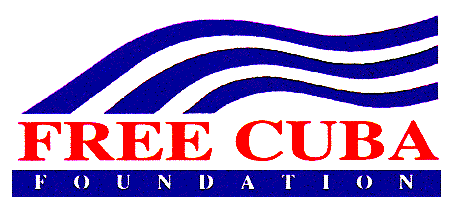.@PressSec: "I found it quite interesting that [@JeffFlake] is coming out to attack @POTUS considering he's the one that was recently defending an actually oppressive regime. He went to Cuba a few weeks ago and served as a mouthpiece for the oppressive Cuban government." pic.twitter.com/vbtzpV3fB6— Fox News (@FoxNews) January 17, 2018
Free societies need a vigorous and strong free press. Unfortunately today in the Senate, Senator Jeff Flake compared Trump's treatment of the press with Josef Stalin. Let us be clear. In Soviet Russia, under Stalin, there was no free Russian press and 25-50 million were murdered by the Russian tyrant.
Walter Duranty of The New York Times in the Soviet Union published fake news to curry the favor of Stalin's regime covering up the genocide of millions of Ukranians in the 1930s. It is ironic that Senator Flake would mention Stalin. These ethical and professional lapses of journalists do more harm to the free press then American politicians criticizing them.
Senator Flake backed the Apartheid Regime in South Africa, the Castro Regime in Cuba and claims to be motivated by conscience. These regimes have more in common with Stalin then the President.
 |
| Jeff Flake shakes hands with Castro regime VP, Miguel Mario Díaz-Canel |
However the Senator's embrace of totalitarian regimes spans the ideological divide.
Think Progress reported on then Congressman Jeff Flake's defense of the racist Apartheid regime in South Africa in the late 1980s.
In 1987, Rep. Jeff Flake (R-AZ) — then a lobbyist for a Namibian uranium mine — testified before the Utah State Senate in support of a resolution backing the apartheid government in South Africa. Flake, a sixth-term GOP congressman and current Arizona senate candidate, opposed sanctions on the segregationist Botha government — largely to support U.S. interests in the mineral rich region.Defending a free press is important, but the Arizona Senator embraced two regimes that systematically gutted the press in the pursuit of a communist agenda in Cuba and a racist agenda in South Africa. He is the last person who should talk of "conscience" while defending regimes that murder their own people and silence nonviolent dissent.
This may also explain why Senator Flake is leaving the Senate with only 18% support in his home state of Arizona.






